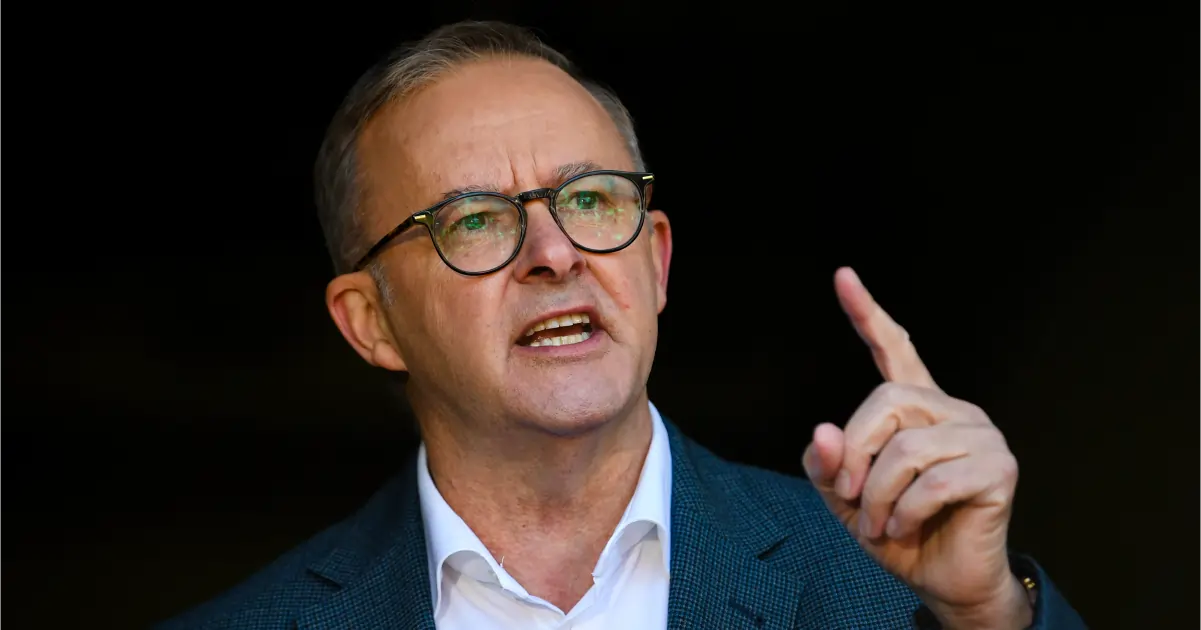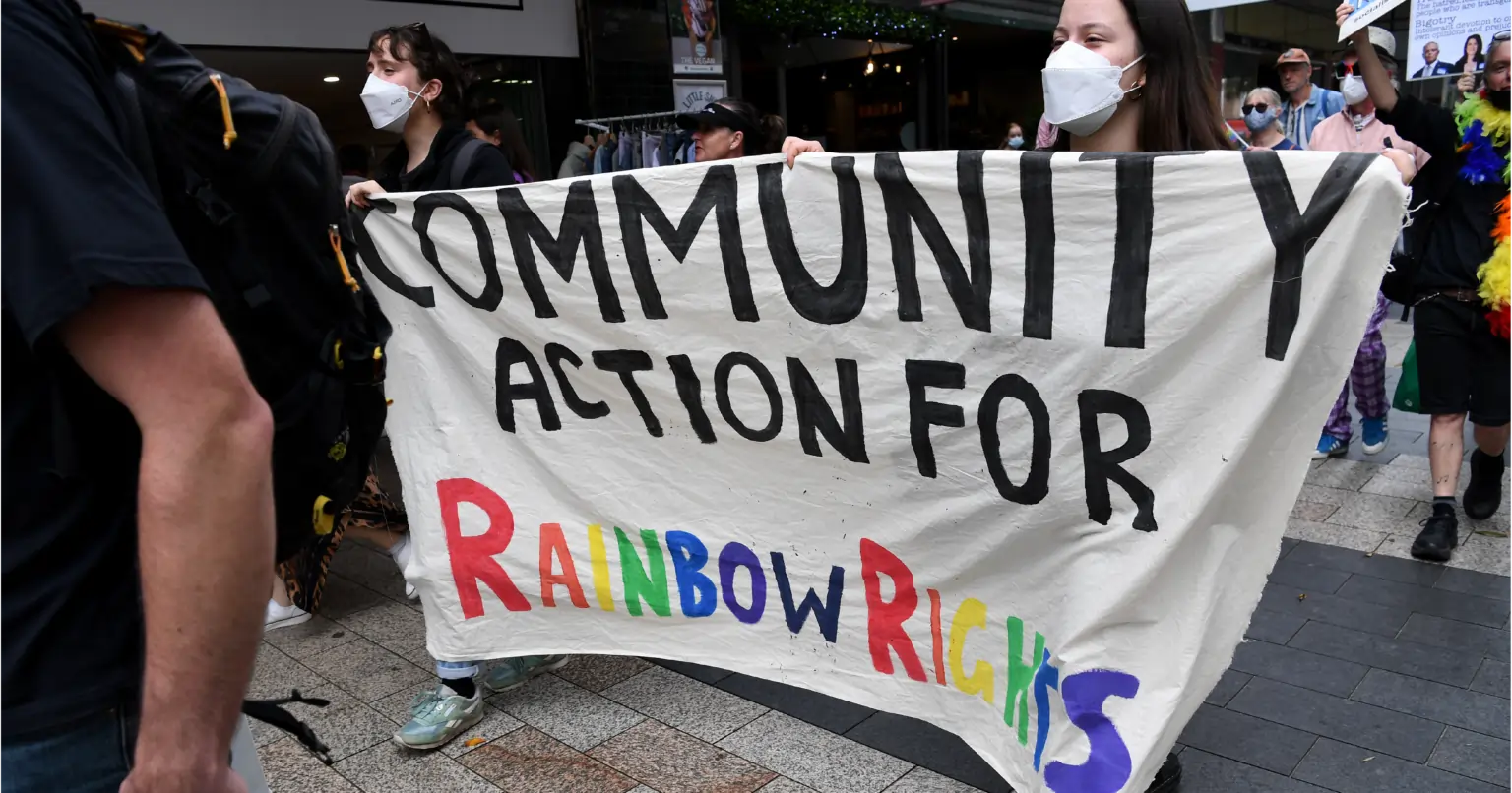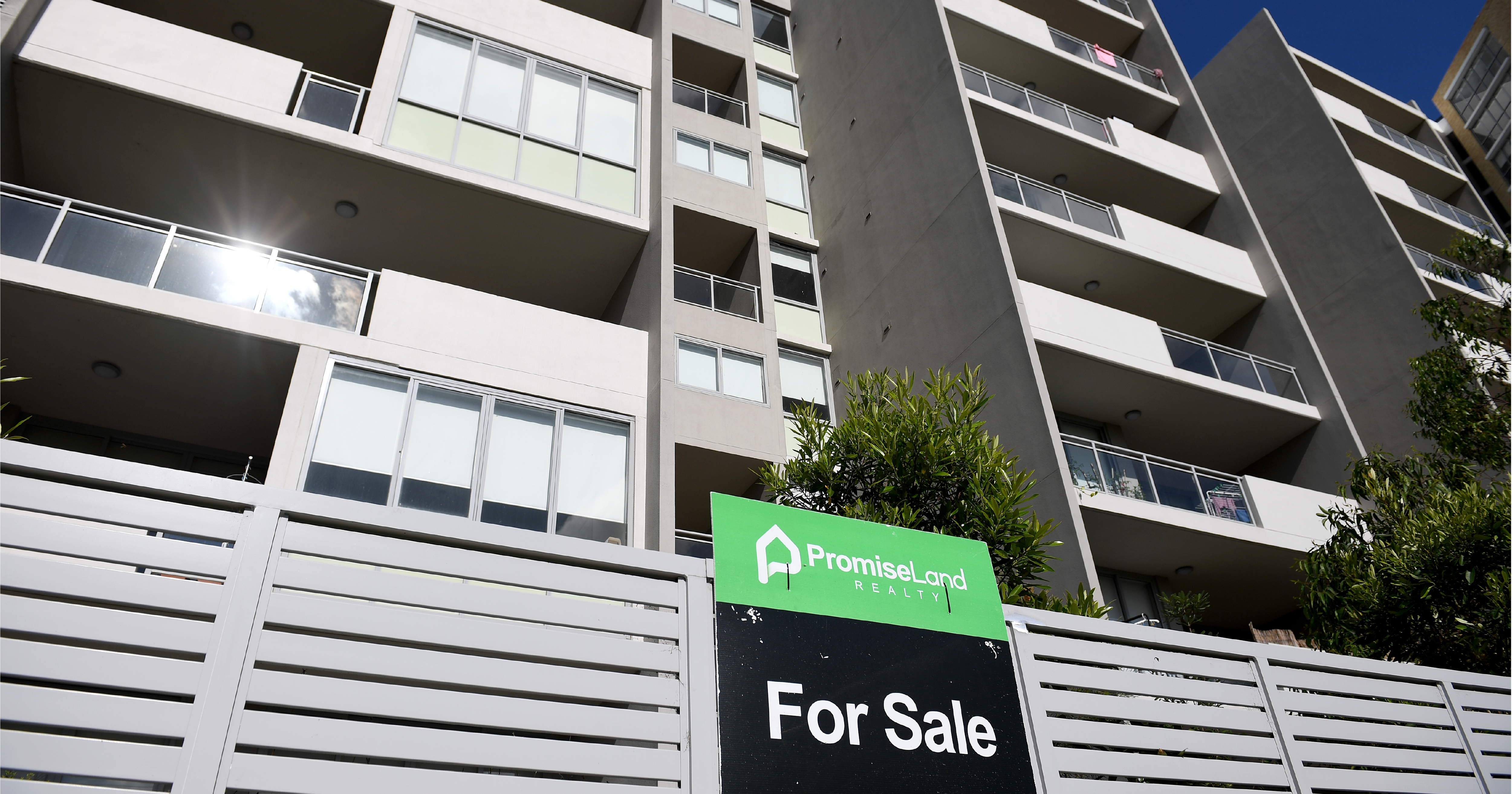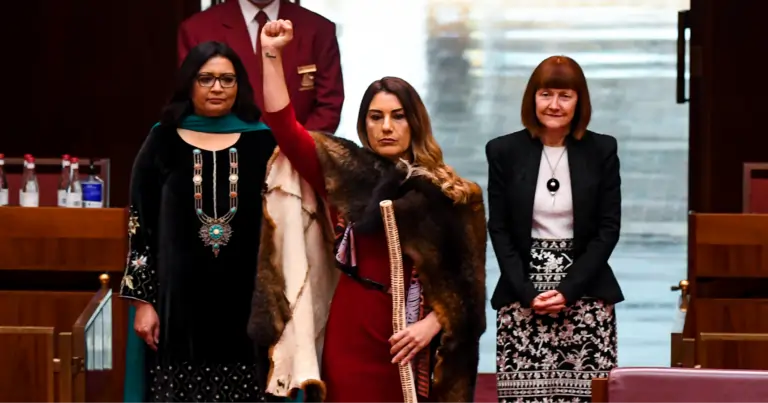Australians are familiar with people marching in the streets over climate change, black lives matter and teachers’ salaries; but I wonder when parents are going to start marching in the streets over what is essentially a failed education system; and government is now virtually admitting that.
The total government expenditure on education was over $114 billion in 2019/20.
Yet we learnt, at the end of last year, in the first ever Australian Teacher Workforce Data report released by the Australian Institute for Teaching and School Leadership, that nearly half of the nation’s maths and foreign language teachers were not qualified to teach the subject.
This was a survey of nearly 18,000 teachers.
Within that survey, it was revealed a quarter of all teachers planned to quit before retirement age; 61 percent blamed mental health issues or stress for wanting to quit.
The problem is discipline.
The teacher has had all authority to discipline a child virtually taken away.
But it is worse than that.
We also had the test results, at the end of last year, of the National Assessment Program, Literacy and Numeracy, NAPLAN, which showed that one in 10 girls and one in five boys had failed to reach the minimum standard for writing, after nine years of education.
21.3 percent of boys and 10.7 percent of girls fell below the national standard, which means they couldn’t punctuate sentences, spell simple words or write a story in paragraphs.
One in five teenage boys, in high school, is semi-literate.
Glenn Fahey from the Centre for Independent Studies made the staggering comment, “Once you are in high school there is very little direct instruction in literacy.”
Education was not mentioned in the budget.
The money just pours out, and every Education Minister defends the “system”, but 20 percent of teenage boys are illiterate.
We had, at the end of last week, government virtually admitting the reason for the nationwide educational crisis because they announced sweeping changes to the National Curriculum which go back to the way you and I were taught.
It is the first curriculum review since 2014 and, we are told, that students will now be expected to add, subtract and multiply, without using a calculator; and will start learning their times tables in Year 2!
In other words, none of that is happening now. No wonder students are innumerate.
Then we were told that phonics will now be embedded into the teaching of English.
That is all well and good but how many people in the teaching profession know what phonics is?
They are the product of a system which abolished the teaching of phonics.
Now, at the eleventh hour, Australian history content will be mandatory.
Because it hasn’t been, children today can’t tell you why Melbourne is called Melbourne, why Sydney is called Sydney, who designed Adelaide and even who crossed the Blue Mountains.
High school students will be made to learn post-settlment history from 1750 to the First World War, which means, of course, they are not learning it now.
They will also learn the impact of post-Second World War migration to Australia and the significant contribution that migrants have made to our success.
A statement from the Government said, “This will strengthen how our young people appreciate our prosperous democratic country”.
Not before time; but can we really undo the educational damage of the most recent nonsense that passed for education which has sponsored a disturbing ignorance of Australian history and geography amongst young Australians?
Thankfully, the culture wars will end.
Students will be taught Indigenous history and European settlement.
They will be taught the impact of British settlement on Aboriginal and Torres Strait Island People; but also British settlers’ “contribution to the building of modern Australia”.
Teachers will have to pay more attention to teaching about the origins and heritage of Australia’s democracy along with the diversity of Australian communities.
The physical education classes will focus on students being physically active, an admission that this is not happening now.
At long last, governments have woken up that taxpayers’ money is being wasted.
Two further points emerge.
The final curriculum won’t be made public for weeks which makes one wonder what, if anything, is being taught now?
The second point is that it has to be asked whether the current batch of teachers, and it is not their fault, have themselves been taught this content so, how can they now teach it?
This is a bit like the 22 cents a litre drop in the price of petrol.
How will you ever know the benefit is being passed on to you?
How will we ever know, in spite of all these promises of curriculum change, whether children will be actually taught things in the classroom?
Many parents and children now know that too many of them are being asked to teach themselves and this is no way in which a successful educational system should be run.

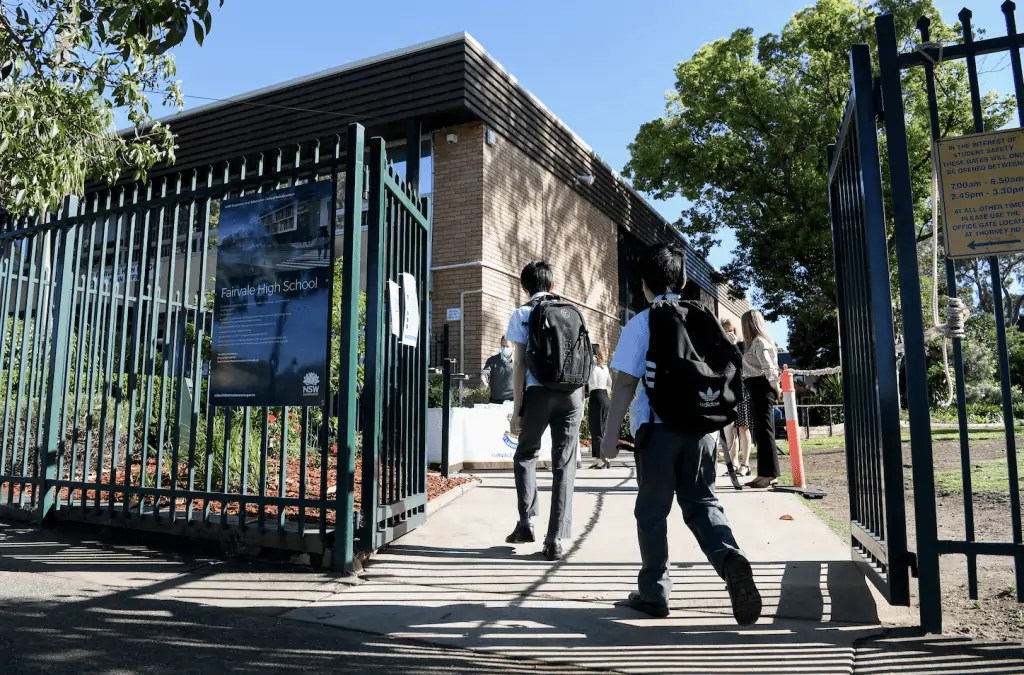
 Live
Live
